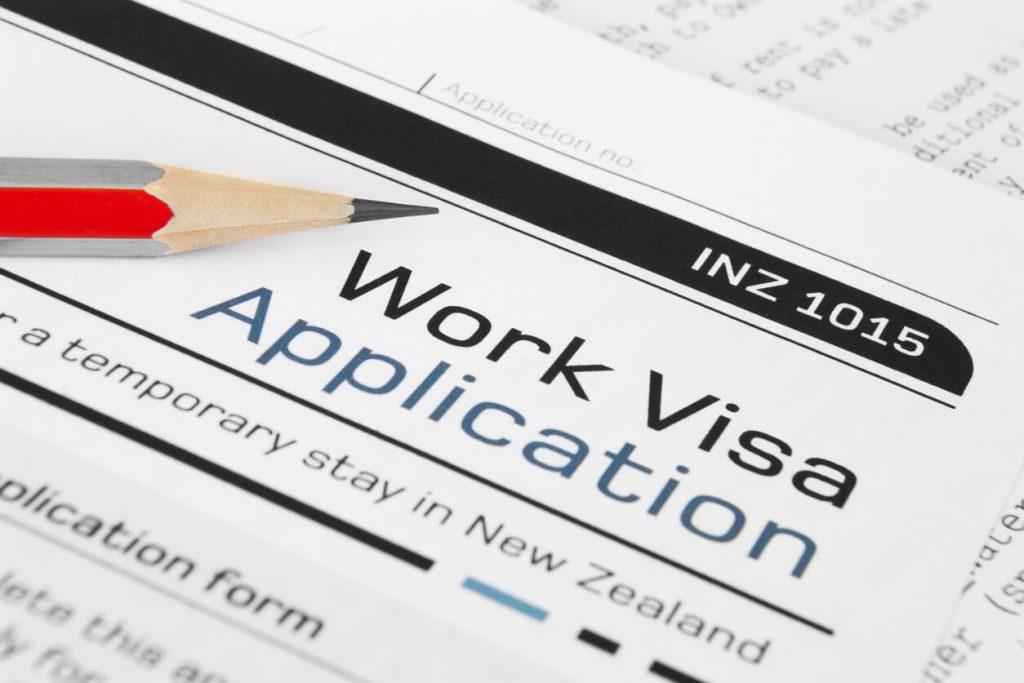New EOI Fees: How Much and Why

Leading immigration lawyer Aaron Martin discusses the reasons behind the new fees for individuals and employers. He’ll also share the most important thing you need to know about filling out your request for entry as an exception to the border closure.
Beginning 10 August 2020, border exception requests will incur the following fees:
NZD $380 for employers who request exceptions for ‘other critical workers’ (or organisations or agencies that sponsor requests)
NZD $45 for individual requests under all critical purpose categories
Until now, launching a request was free of charge, but because Immigration New Zealand (INZ) has received more than 27,000 over the last few months on top of 5,400 visa applications from people invited to apply, they have introduced the fees to cover their internal administration costs. Fees must be paid when applicants submit their request.
“I think that the fees are inevitable,” says Aaron Martin, principal lawyer at New Zealand Immigration Law. “You can’t expect the government to tie up resources without covering that cost. The fee for an individual is very reasonable.” While the cost of filing for employers is rather high, Aaron points to the fact that quite a bit of processing is required. “There are initial assessments by officers then up to national operations managers, so you can’t blame them for wanting to cover the additional cost of those processes and the additional work.”
Aaron indicates that the introduction of the fees is most likely linked to a drop in revenue generated by overseas applications. Because New Zealand’s borders are currently closed to all but citizens, residents, and those falling under a critical purpose category, INZ is no longer accepting offshore visa applications.
“You can’t charge a fee for an application you don’t want to receive and are not going to accept, so that’s going to impact their revenues,” he says. “They are still leaving the door open for resident-class visa applications, which is a bigger application fee. Ironically, those people paid for an application not to be processed but to just sit on a shelf.”
EOI applications are now all online
Another new change is that employers will now be able to request exceptions for ‘other critical workers’ online, replacing the existing manual process. “But if this mirrors the existing online process, you can’t save your application and come back to it later. You’ve actually got to complete the whole thing all in one go. It’s one of those things where you’ve got to start as you mean to carry on.”
This is obviously problematic, particularly for those with language difficulties, and frustrating for anyone who later realises their application might be missing some critical piece of information.
“If you got declined and thought, Oh, maybe I should have told them about this, even if you go back to them, you’re likely to get declined,” he says. Why? “Immigration officers tend to take a sceptical view of, ‘You’re just now changing your story a bit in the hopes you get a different answer’ is the attitude.” Even in cases where it was a genuine oversight or misunderstanding on the part of the applicant, cynical is the default stance.
So, what can you do to better your chances of success the first time?
“Get your reasons sorted out clearly first, within the relevant word count,” advises Aaron.
“Specifically, you need to answer two questions: What’s your critical purpose? Why do you think you meet the requirements?”
Also think about what evidence you can provide to back up your statements. Be aware that for employers, the process is far more complex, with much more stringent criteria that require greater planning. Getting it right requires careful forethought as to what you’re going to say but can make all the difference in lodging a successful application.
“If need be, take some consulting time with an immigration law professional to explain what your situation is and get their view on what you’ve written. You need to be very familiar with what the criteria are in order to paint the appropriate picture.”
Before you file anything, make sure your lawyer knows as much as possible about the details of your case so that they can understand what’s essential to your particular application.
Looking for expert help with your work visa?
Contact the team at NZIL to get help with your EOI application. Rather than completing the whole process for you, we can simply advise you on how to put together the best case for your application, if you prefer.
We’ll take the time to fully understand your unique circumstances, what points should be emphasised, or if anything is missing. Rest assured that we know what’s important for an immigration officer to know.
Get in touch with the team at New Zealand Immigration Law.




